Acts Of Faith: Religiosity In Indonesia Defies Headlines
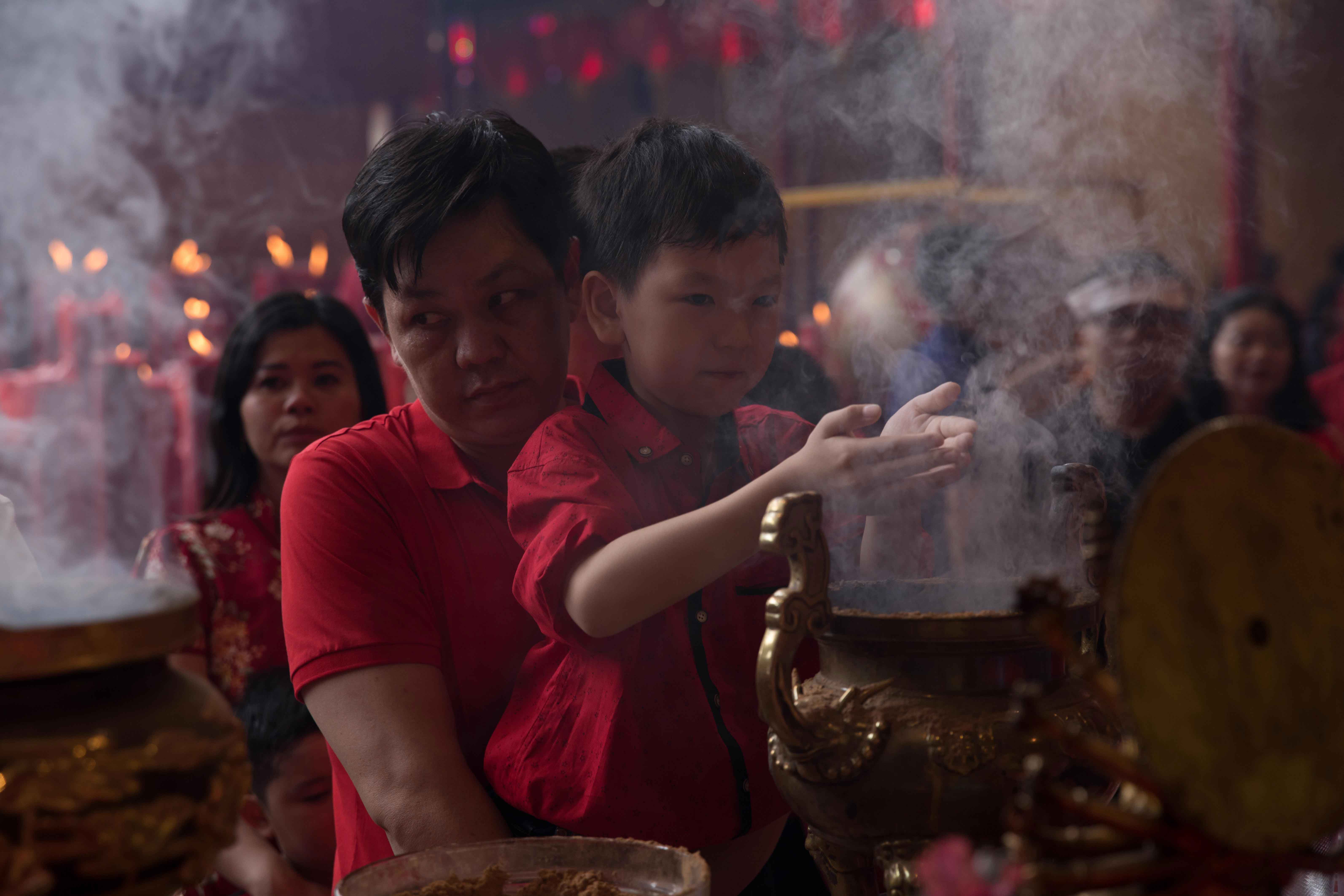
Intolerance. Extremism. Repression.
These words have epitomised news coverage of Indonesia in recent years.
The expansive archipelago in South-East Asia, also happens to be the world’s largest Muslim-majority nation. While it has a long history of tolerance, religious and ethnic pluralism, a tumultuous world and violent modern national history has given rise to a puritanical, repressive, and unwieldy form of fundamentalist Islam. This was inspired by the Wahhabist adherents that have plunged the Middle East into chaos. Its victims have been plentiful: from the 2002 Bali bombings, more recent attacks on Indonesia’s Sulawesi Island’s Christian communities, to those in politics, namely Christian former-Jakarta Governor Ahok, who was jailed for two years after a tweet was interpreted to be criticising and repudiating a Quranic verse.
International observers and human right’s groups have rung the alarm bells. Islam has filled a void in Indonesian politics that was left absent after the former dictator of over 30 years, Suharto, was dethroned in popular protest in 1998. The following period, known as Reformasi – or, reformation, failed to deliver on its promises, and instead, propagated a stagnant and corrupt political elite, and a beleaguered economy. Firebrand intolerant voices in the Islamic community have become louder and louder and wielded increasing degrees of influence.
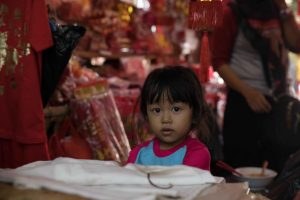
Ahok was the first victim in what many of Indonesia’s religious minority communities see as a dangerous flirtation with popular fundamentalism. It has spurred incumbent-President Joko ‘Jokowi’ Widido to ally himself with the likes of Ma’ruf Amin, a leading clerical figure and a key voice behind the popular rally in 2017 to impeach Ahok. A rally which amassed huge crowds of an estimated 50,000-200,000 people in Jakarta. Jokowi, a former ally of Ahok, was seen upon his election in 2014 as a victory for modernisation and progressiveness in Indonesia.
In recent years, Jokowi’s credentials as a moderate have faded; having to align himself with divergent, religiously-aligned voices to survive. Groups such as the 212 Movement, and terrorist groups such as the Islamic Defenders Front, have proven a foil to his promised reign of progressiveness. The chosen envoy of Indonesia’s many religious minorities; from Christians – including Indonesians of ethnic-Chinese descent, Buddhists, and Hindu adherents, traditionalists and adherents of animalist faiths such as in primitive Papua state, to those of divergent Islamic sects who have received some of the most scorn, including Shiite Muslims, Sufis, and the Ahmadiyya.
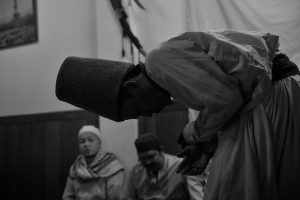
Yet, behind the headlines, there is a beating heart of religious pluralism in Indonesia.For the so-called ‘unspoken majority’, as one Shiite Islamic adherent describes; tolerance and acceptance is alive and well. In Jakarta, ethnic-Chinese Christians prepare and celebrate the Chinese Lunar New Year in open, with scores of Jakarta’s Muslim-majority joining in on the celebrations. In South Jakarta, Sufi Islamic mystics pray as they do, in a rhythmic performance of dance and chant, while in Aceh, on Indonesia’s western-most edge where Sharia law reigns, Islamic adherents flock to Friday prayer. Every day, Indonesia’s religious minorities commit acts of faith that betray the headlines.
Some of these major events include;
Preparation for Chinese Lunar New Year – Jakarta Utara:
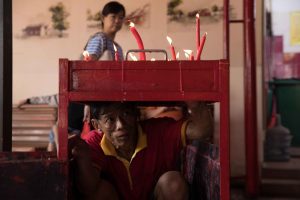
Before Chinese Lunar New Year, it’s crucial that the various idols kept by adherents are cleaned. This is done not just for aesthetics, but for reasons of respect, and speak to the deep ancestral connection between adherents and their idols.
Celebration of Chinese Lunar New Year:

Celebration of Chinese Lunar New Year is a raucous affair. The uninitiated are apt to be overwhelmed. Jakarta’s Muslim-majority, who have seen weeks of preparation and related advertisement across their bustling multi-cultural city, also flock to temples for Chinese New Year. They don’t attend as worshippers but observers who take photos and join in the revelry. Worship is undertaken in many different ways from the blessing of one’s self and possessions for prosperity and good luck in the year to come, to offerings to idols for prosperity which includes food such as rice and fruit.
Sufism and the whirling dervishes – Jakarta Seletan:
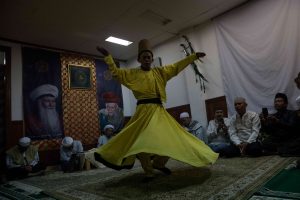
Sufis have often earned the scorn of puritanical Islamic sects. Why? It epitomises much of what those sects rebel against. Sufi rituals brings together music and chanting – first, in the dark, entering into a trance-like state, dancing by elegant performers, and the burning of incense.
Baiturrahman Grand Mosque – Banda Aceh:

The first mosque built where the Baiturrahman Grand Mosque now stands, was used by the former-Sultan Iskandar Muda as a fortress with which to attack the Dutch colonial army. The spirit of rebellion is at the heart of Achenese society, spurred the GAM militia to wage a 30-year civil war against the Indonesian army, the result of which was limited authority to enforce a strict version of Sharia Law.
Tsunami Museum:
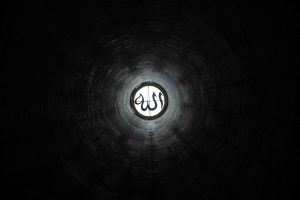
Nearby to the Grand Mosque, is the Tsunami Museum, that commemorates the catastrophic 2004 Tsunamis that killed upwards of 220,000 people and levelled much of Aceh. The deeply pious in Aceh saw the devastation as punishment for transgressions. Religion is at the heart of life in Aceh.


Be the first to comment!